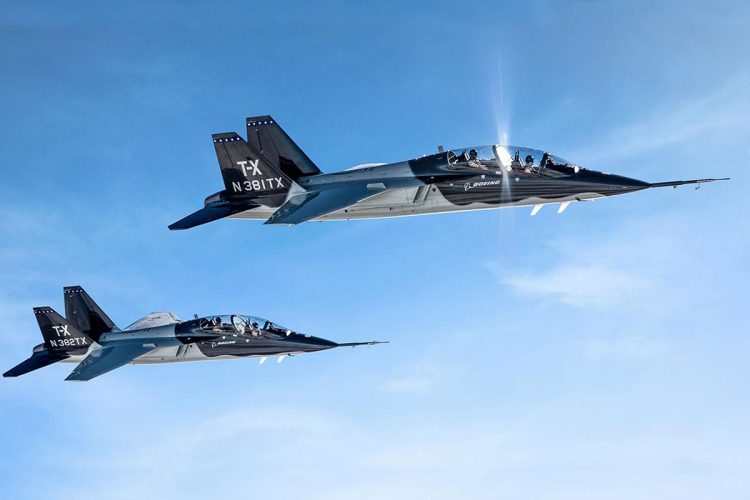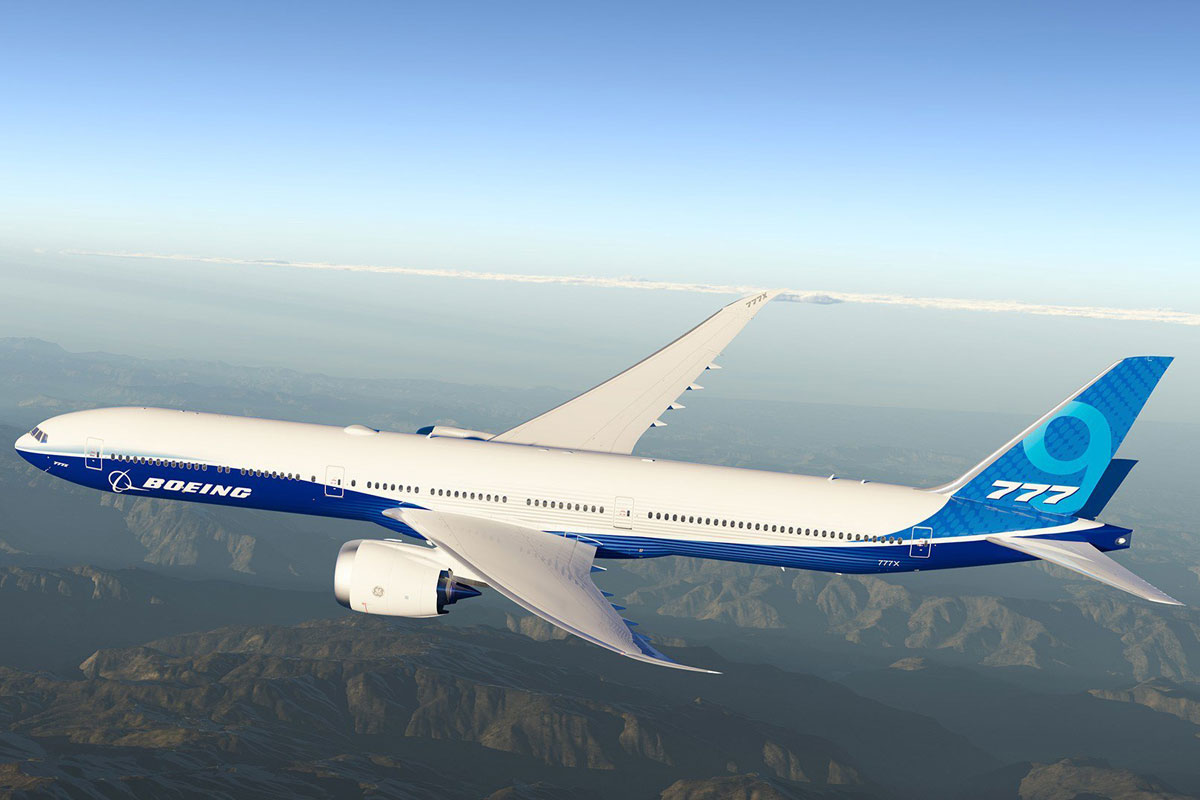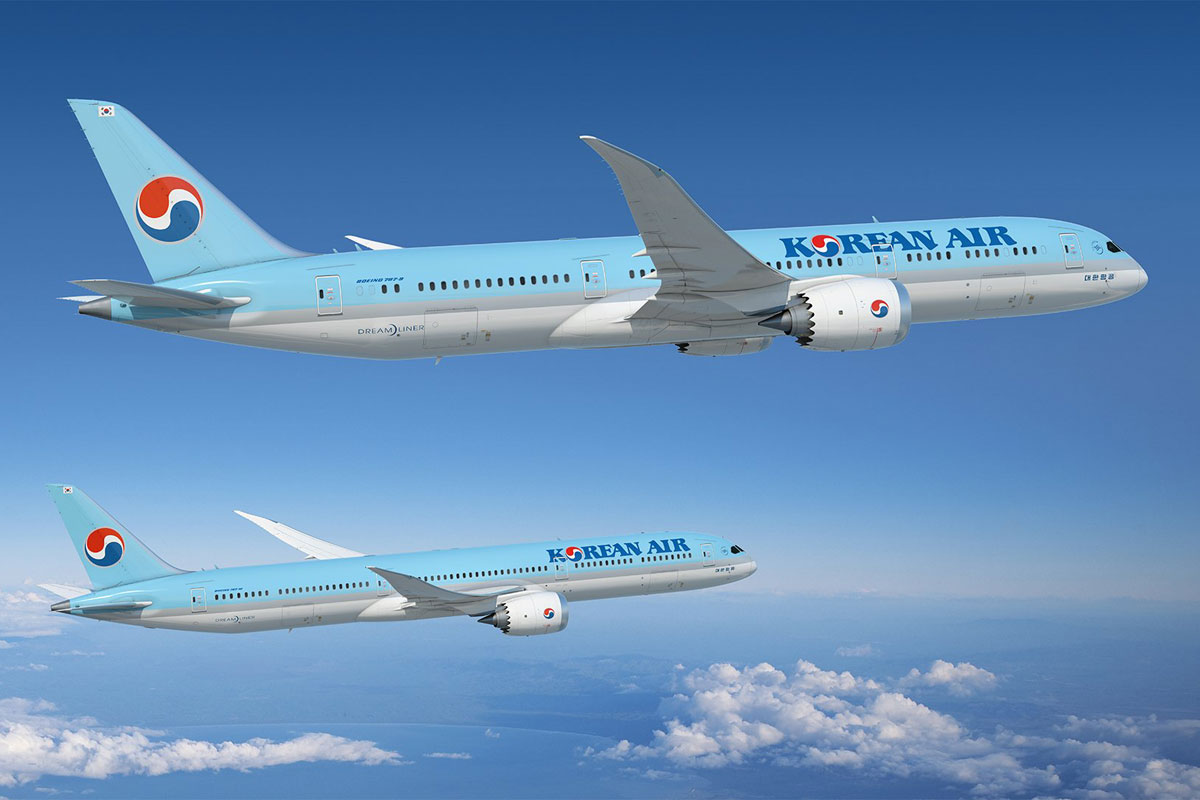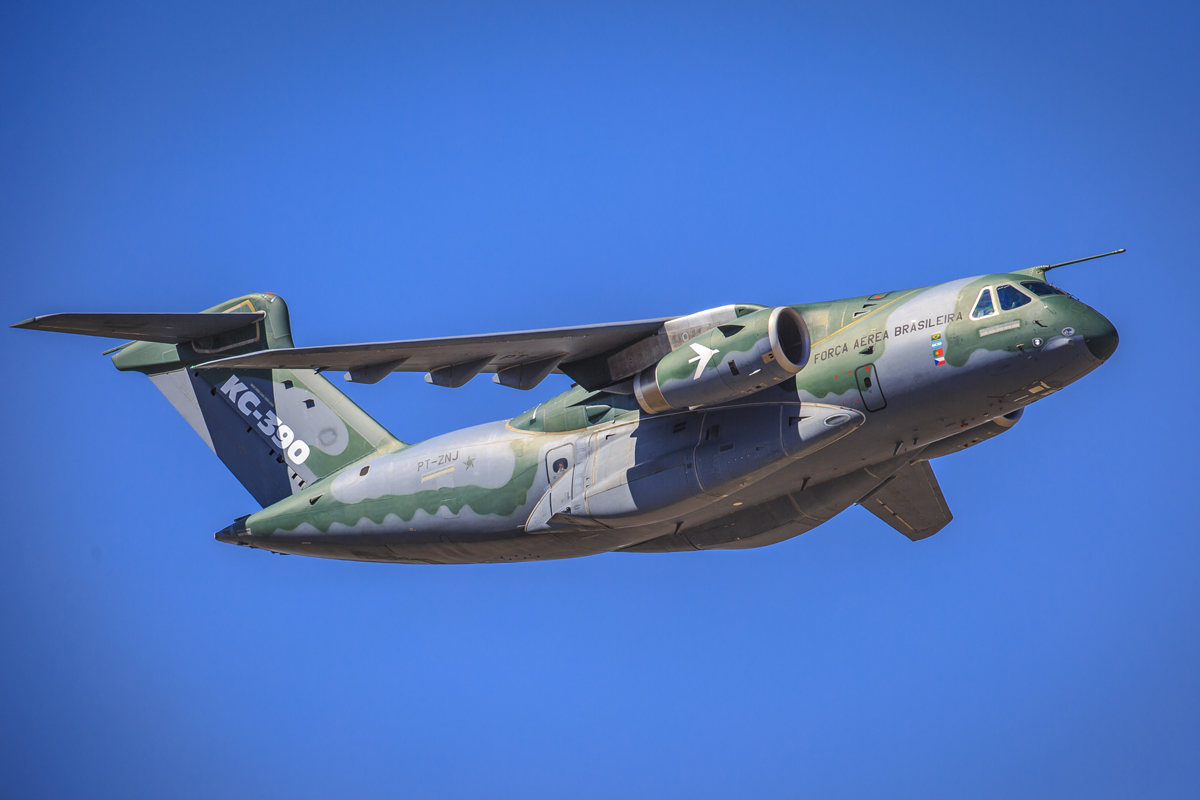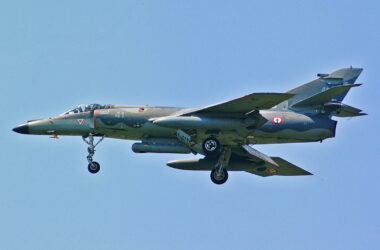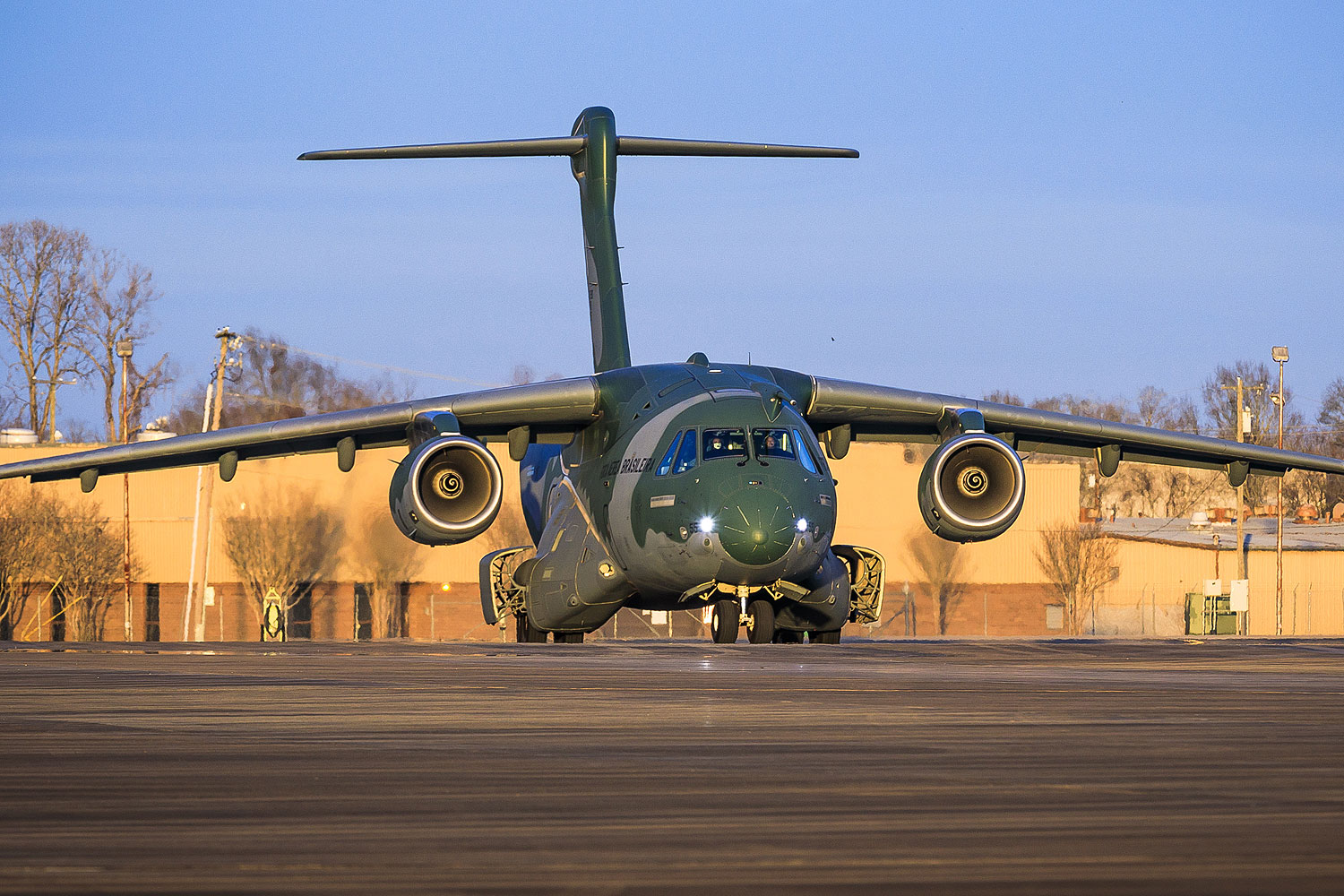Two silhouettes of stealth fighters emerged on Monday at the opening of the Paris Air Show at Le Bourget airport. But they are just two real-scale mockups of what one day might turn out to be. The FCAS (Future Combat Air System) and TF-X (Turkish Fighter) programs are state-of-the-art fighter initiatives that rely on immense government support to become a reality.
FCAS is the most realistic proposal that brings together Airbus SE and Dassault in a project to produce a demonstration aircraft for the governments of Germany and France – and now has support from Spain as well. In the air show, these countries signed an agreement with the manufacturers to begin the demonstration phase that is expected to last until 2021. The program involves three goals: the New Generation Fighter (NGF), the Remote Carriers (RC) and the Air Combat Cloud ACC) who are required to commence in-flight testing in 2026.
The three “pillars”, as they call the companies, involve combat software (ACC), unmanned vehicles (RC) and fighter itself (NGF). In addition to the two manufacturers, MBDA (missiles), Thales (avionics) and Safran and MTU (engine) are also part of the program.
The NGF will be a 6th gen stealth fighter, with two engines and V stabilizers in a similar configuration as the Northrop prototype YF-23, which lost its competition to the Lockheed Martin F-22 in the 1990s.
Despite the support of three of the richest countries in Europe, FCAS is an expensive project and it needs more nations interested to share its high cost. The United Kingdom, for example, also pleads for a similar aircraft, but Brexit can make any approach unfeasible.
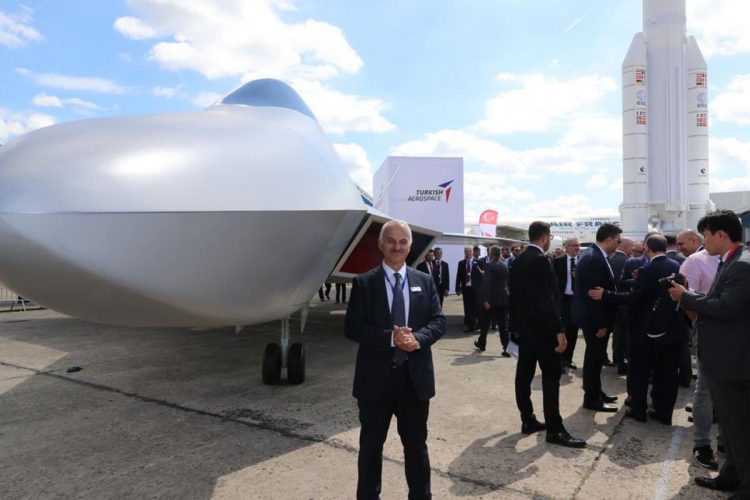
Homemade solution
In another area of the airport, another full-size mock-up appeared this time around, this time from the TF-X stealth fighter that Turkey longed to manufacture for years. The country of controversial President Recep Tayyip Erdoğan has been trying to achieve self-sufficiency in military aircraft by investing in Turkish Aerospace projects.
The TF-X, a 5th gen fighter, has a look that seems to blend two American planes. The front looks very much like the F-22 while the rear looks inspired by the F-35, both from Lockheed Martin. Turkish Aerospace and other Turkish companies are suppliers of Lightining II, which has caused problems after Erdoğan decided to buy the Russian S-400 defense system.
Currently, the Turkish program is supported by BAE Systems and Rolls-Royce, but shuddering relations with the US may alienate the British from the project. It fears sharing sensitive data that may end up in Russian hands.
Turkish Aerospace says that the first TF-X flight will take place in 2025, but it seems unrealistic to think that a country with a GDP of less than $1 trillion could develop such an expensive project that relies on foreign technology.
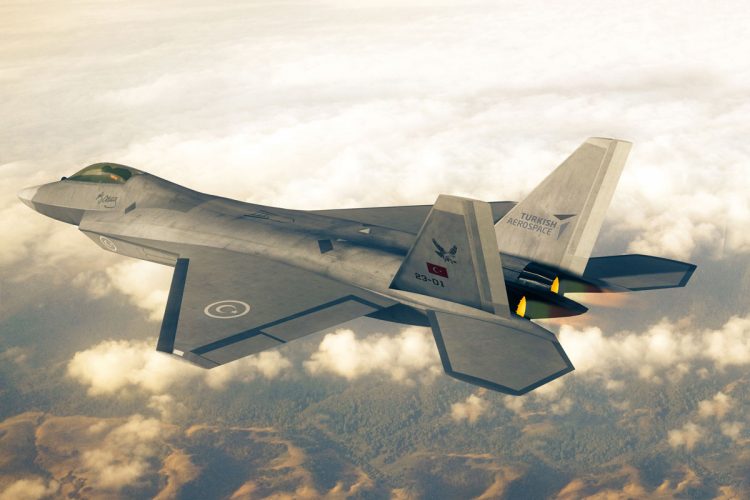
Replica
Le Bourget does not only feature mock-ups of future fighters, but also of planes that actually exist. This is the case of the T-X advanced training jet, the partnership between Boeing and Saab. The project was the winner of the United States Air Force competition to replace the classic T-38 Talon, the training version of the F-5 Tiger II fighter. No less than 351 units will be produced for the USAF.
Boeing has two in-flight prototypes, but has chosen to carry only a full-size replica to Paris. It is, without doubt, a felt absence since the T-X will be a jet capable of finding new customers worldwide. Its operational capability and simplicity of maintenance can turn it into a potential replacement for depleted fighters in many air forces. Certainly, the American manufacturer is expected to bring the T-X to some future air show, especially after overcoming the delicate phase that passes since the crashes with the 737 MAX.
